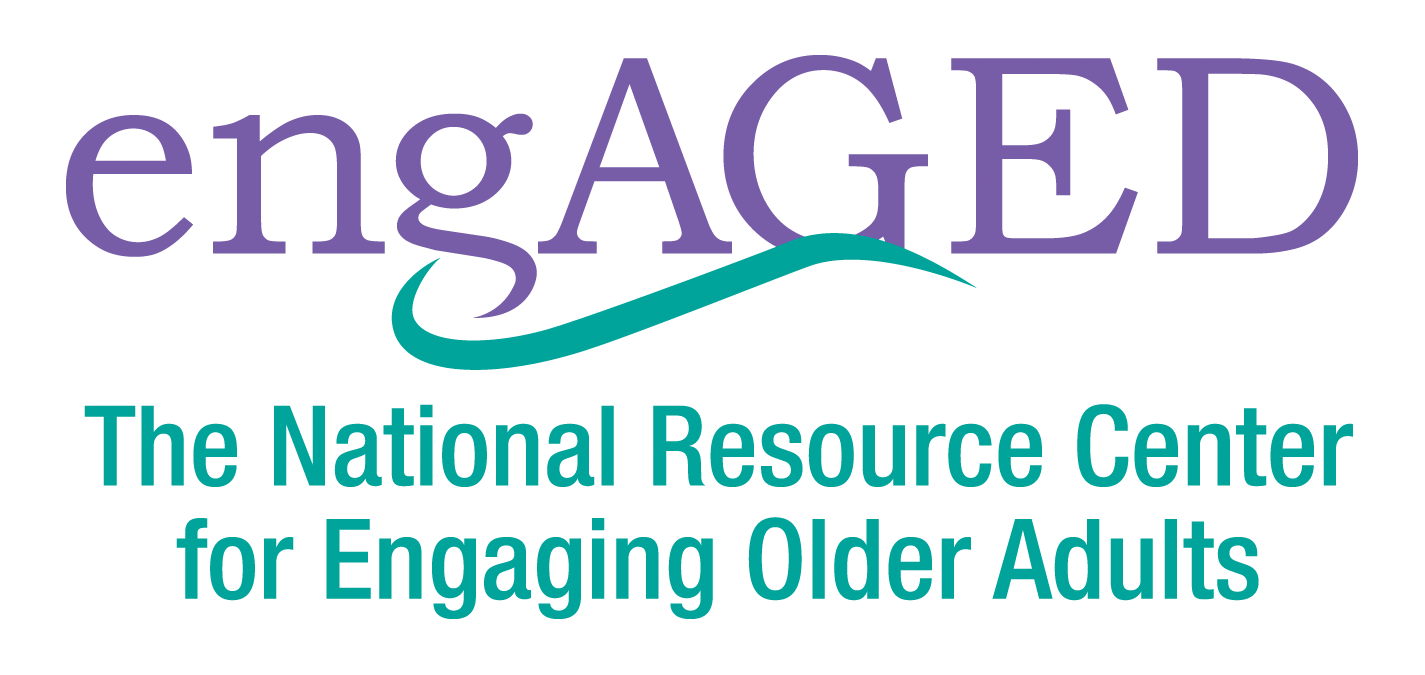Tapping into Hispanic Heritage to Alleviate Social Isolation in Latinx Communities
by Jenna McDavid, National Director, and Ocean Le, Program Associate, Diverse Elders Coalition
To commemorate Latino/Hispanic Heritage Month, engAGED invited the Diverse Elders Coalition to write a blog entry highlighting practices organizations can adopt to help Latino and Hispanic older adults stay connected to the community.
As we close out this year’s celebration of Latino and Hispanic Heritage Month (September 15 – October 15) and the diversity of cultures that compose our country, the Diverse Elders Coalition and our member organization, the National Hispanic Council on Aging (NHCOA), are thinking about ways that Latinx culture and traditions can be used to improve health outcomes among Hispanic older adults. We already know that higher levels of loneliness among older adults can predict lower levels of social engagement over time (1), and lower levels of social engagement lead to poorer health and well-being. A 2015 article in the journal Ageing & Society found that while Hispanic older adults were more likely to live with friends and family, they had smaller social networks than White older adults and were less likely to attend meetings or volunteer opportunities (2).
What can community-based organizations do to improve social engagement among Latinx and Hispanic elders?
In recognition of lower levels of social engagement among Hispanic older adults, NHCOA owns and operates Casa Iris, a low-income housing community for older adults in Washington, DC As of this writing, 75 percent of the tenants at Casa Iris are Hispanic, and NHCOA provides a Service Coordinator who designs activities for the housing tenants and members of the community, such as health fairs, civic engagement opportunities with elected officials, shared meals, and in-language community discussions around current events or topics of interest. These activities help create an atmosphere that not only keeps the older adults living at Casa Iris motivated and engaged but also allows them to create a close-knit community right where they live.
Given that not every organization can afford to own and operate its own housing facility, it is helpful to look at other promising practices that may also help alleviate depression and increase social engagement among Hispanic older adults. The Programa un Nuevo Amanecer (A New Dawn Program) from the United Community Center in Milwaukee, WI helped identify, educate, and provide free individualized case-management services to address the growing epidemic of depression within the Hispanic older adult population. Case managers for the program monitored patients' progress as well as the effectiveness of medications and other treatments to ensure patients showed improvement. This approach, which provided one-on-one, in-language education to both patients and primary caregivers, reduced depression symptoms by nearly 50 percent when compared to traditional care models.
Understanding Hispanic older adults’ reticence to engage in community events and activities—the causes of which may include smaller social networks, depression, fear of discrimination and language barriers, among others—is the first step to developing programming that will include them in your organization’s work. For more information, technical assistance, or if you have any questions, feel free to contact the Diverse Elders Coalition at info@diverseelders.org and/or the National Hispanic Council on Aging (NHCOA) at nhcoa@nhcoa.org.
References
1. McHugh-Power, J. et al. Loneliness and Social Engagement in Older Adults: A Bivariate Dual Change Score Analysis. July 2016. Retrieved from: http://discovery.ucl.ac.uk/10058314/1/McHugh%20Power%20Psychol%20Aging%20Loneliness%20SE_r8%20final.pdf
2. Miyawaki, Christina. Association of social isolation and health across different racial and ethnic groups of older Americans. Ageing Soc. 2015 Nov; 35(10): 2201–2228. https://www.ncbi.nlm.nih.gov/pmc/articles/PMC4610249/

